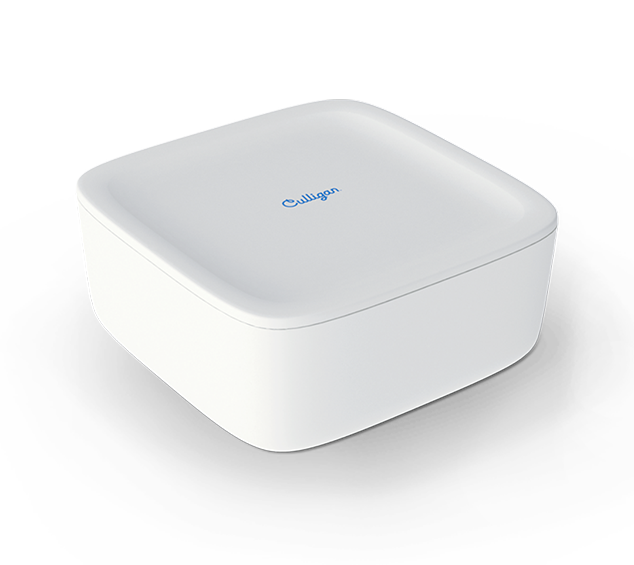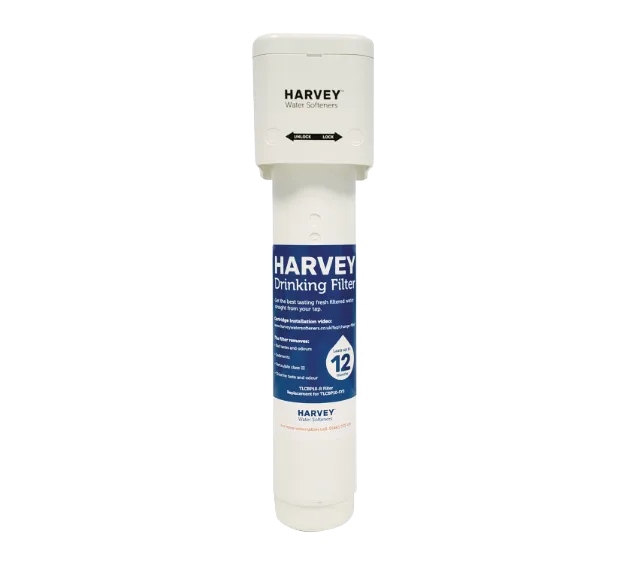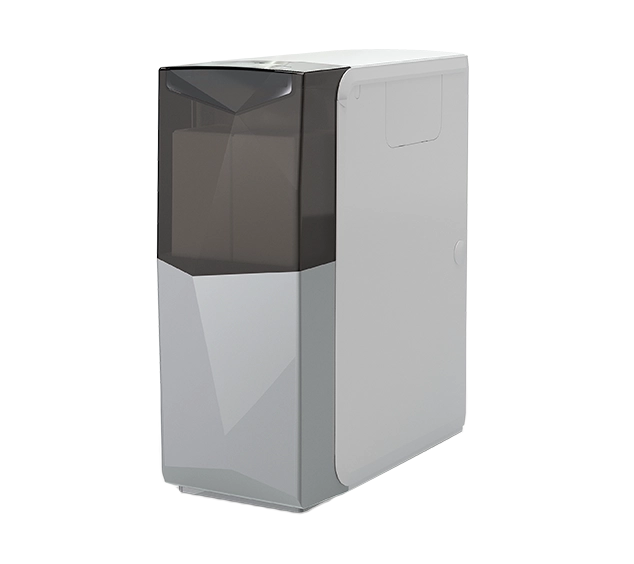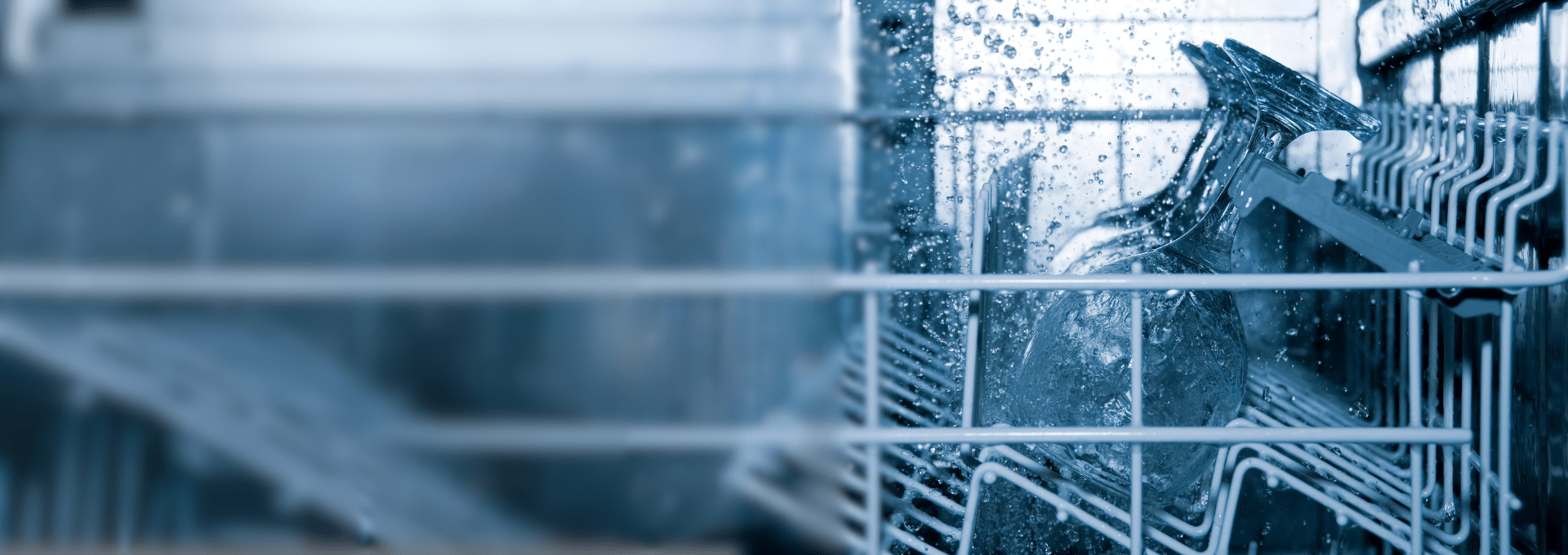

After cooking a large dinner, nothing feels quite as good as dodging the dishes, loading up your dishwasher and hitting the wash button. However, if you are cost or environmentally conscious, you’ve probably spent some time wondering how much water your dishwasher uses per load.
It’s a common belief that dishwashers use an excessive amount of water, but what if we told you that may not be true?
Keep reading to find out how much water an average appliance uses in the UK and how this compares to hand washing.
How much water does a dishwasher use in the UK?
In the At Home With Water report completed by the Energy Saving Trust, 5% of domestic water use was attributed to washing dishes – but how many litres of water does your standard dishwasher use per wash?
The average dishwasher in the UK uses about 9.5 litres of water per full load, according to Bosch.
If you have an earlier model, however, water usage may be slightly higher. Pre-2000 models can use up to 25 litres of water per cycle and post-2000 models can use up to 14 litres per cycle. It is only recently that we have seen a decline in water usage through a focus on water-efficiency.
What uses more water: a dishwasher or washing by hand?
Washing dishes by hand uses more water. When comparing the average washing up for a dinner for two, a Which? study found that washing by dishwasher is up to four times more efficient than hand-washing. In fact, looking at the most efficient models, up to 10 times less water was used than washing by hand.
- Average water usage in litres for hand washing: 9 litres
- Average water usage in litres for a standard dishwasher: 2.1 litres
Does this surprise you? It’s a common misconception that hand-washing is more eco-friendly than using a dishwasher, but clearly this isn’t the case!
Just make sure you are using your dishwasher as efficiently as possible by only completing a load when necessary and using the eco setting where possible.
Do dishwashers use hot or cold water?
Dishwashers only use hot water to ensure germs can be killed and your dishes are left sparkling clean. The appliance is connected straight to the hot water pipe to ensure the water is as hot as possible.
Unfortunately, even with hot water, limescale build up and hard water can leave your glassware gritty or appearing unclean. If you are concerned about the water quality within your dishwasher, consider a water softener to reduce the risk of limescale and cloudy glassware.
Find out more about using softened water in dishwashers in our helpful FAQ section or get in touch with us today,
Do you need a water softener?
If it’s 100ppm or above, you have hard water. A water softener can help you avoid limescale buildup, saving time and money.
* PPM stands for parts per million and indicates the concentration of dissolved limescale minerals like calcium and magnesium in water.
You May Also Like
Some more articles we thought you might enjoy...


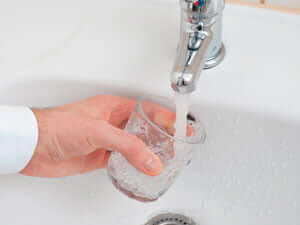
The UK’s #1 selling Water Softener
- Stop limescale at the source and reduce your energy bills.
- Keep your appliances running and lasting longer.
- Soft on skin and hair, say goodbye to hard water irritation.
Once you submit your details, what happens next?
- Submit your details using this web form.
- We’ll contact you over the phone to understand your requirements.
- We can provide a water softener demo, either in your home, or virtually online.
- We then give you a personalised quote based on your household’s needs.
- Start enjoying the benefits of soft water.
90-Day Money Back Guarantee
Fill out this form and one of the team will be in touch or call our team to speak to one of our experts 01483 753404.

